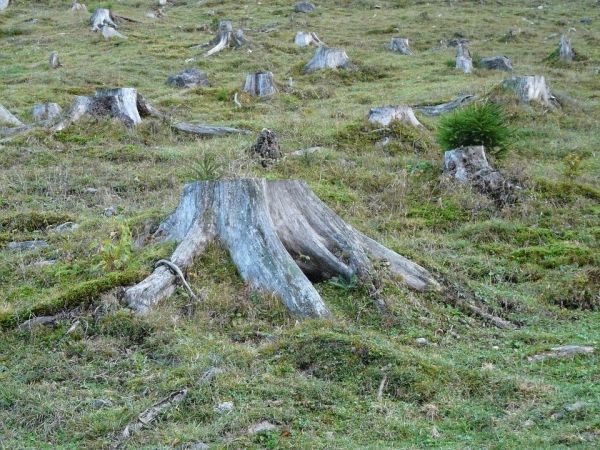Almost 40% of global land plant species are categorized as very rare, and these species are most at risk for extinction as the climate continues to change, according to new University of Arizona-led research.
The findings are published in a special issue of Science Advances that coincides with the 2019 United Nations Climate Change Conference, also known as COP25, in Madrid. The COP25 is convening nations to act on climate change. The international meeting runs Dec. 2-13.
“When talking about global biodiversity, we had a good approximation of the total number of land plant species, but we didn’t have a real handle on how many there really are,” said lead author Brian Enquist, University of Arizona professor of ecology and evolutionary biology.
Thirty-five researchers from institutions around the world worked for 10 years to compile 20 million observational records of the world’s land plants. The result is the largest dataset on botanical biodiversity ever created. The researchers hope this information can help reduce loss of global biodiversity by informing strategic conservation action that includes consideration of the effects of climate change.
Read more at University of Arizona
Photo credit: Hans via Pixabay


